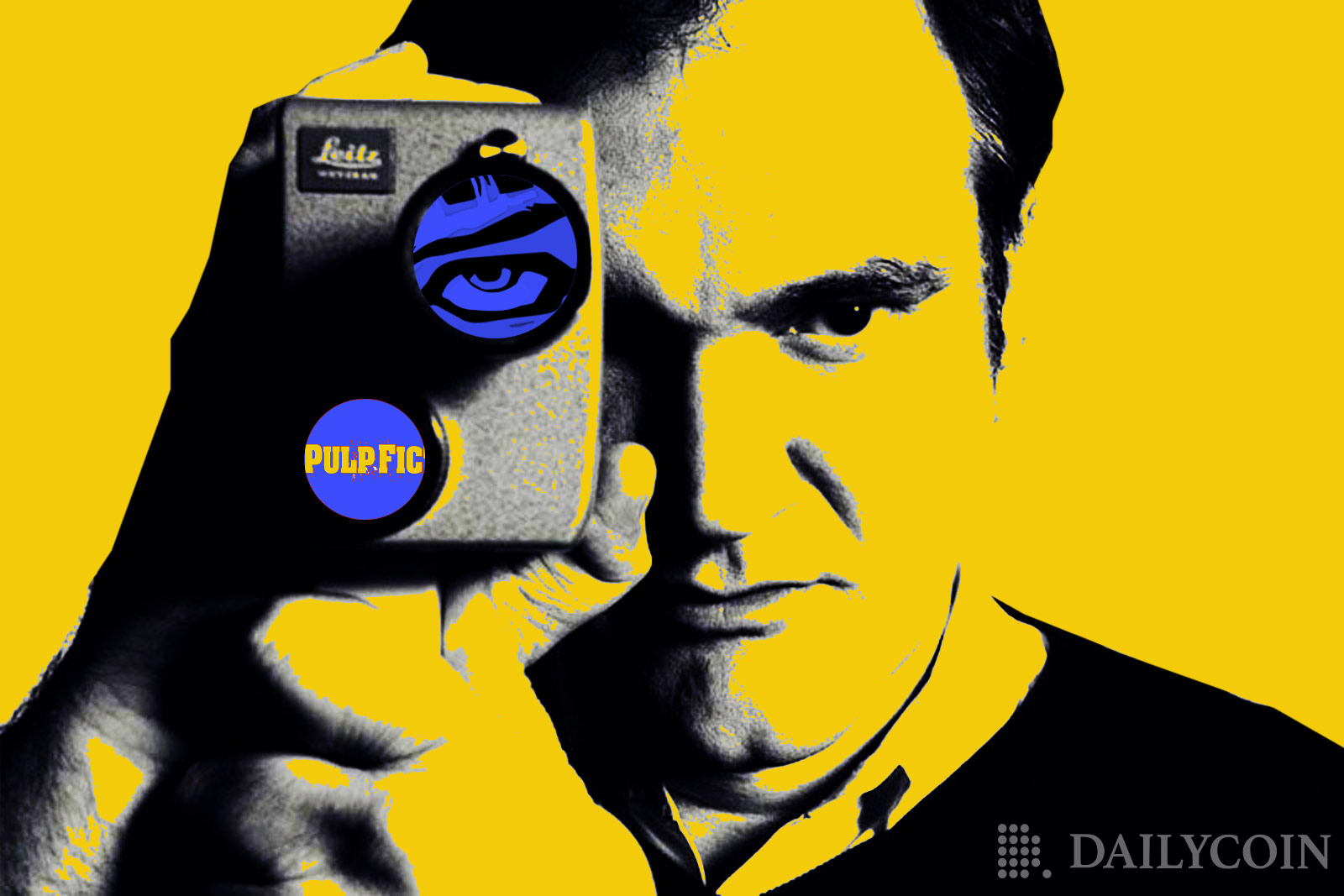
Renowned filmmaker Quentin Tarantino and the film studio Miramax have resolved their long-running “uncut screenplay scenes” NFT dispute. According to the court filing, both parties agreed to drop the lawsuit.
NFT Copyright Infringements
Miramax sued Tarantino in November 2021 after he announced the NFT auction of “uncut screenplay scenes” from ‘Pulp Fiction. The film studio claimed to own all the distribution rights of the film.
Sponsored
At the time, Marimax was building its own NFT strategy. According to the studio’s attorney Bart Williams, “this one-off effort devalues the NFT rights to ‘Pulp Fiction,’ which Miramax intends to maximize through a strategic, comprehensive approach.”
Tarantino’s team asserted that because NFTs did not exist at the time of the film’s release, they did not fall within the purview of banned mediums for redistribution.
The first NFT from Tarantino’s collection sold at auction in January 2022 for more than $1 million. Additional NFT sales were canceled due to the dispute.
Sponsored
On the auction’s original press release, Secret Network claimed that Tarantino owned “exclusive rights to publish his Pulp Fiction screenplay and the original, handwritten copy has remained a personal creative treasure he has kept private for decades.”
After the months-long fight, the film company allegedly intends to withdraw its case within two weeks and work with the filmmaker on future projects, including NFTs.
“The parties have agreed to put this matter behind them and look forward to collaborating on future projects, including possible NFTs,” Tarantino and Miramax said in a joint statement.
Tarantino and Miramax have collaborated on successful movies such as Kill Bill: Volumes 1 and 2. Since its premiere in 1994, Pulp Fiction has grossed $107.93 million in the United States and $213 million internationally.
NFTs Are Still a Grey Area in Copyright Law
NFT technology stormed the arena of digital intellectual property creation just recently, so it still remains a headache to the regulators and copyrights defenders.
The minting and selling of NFTs are mostly unregulated, but they are also widely available to a global audience. While there have been decades-long disputes over artists’ resale royalty rights in the United States, NFTs offer potential workarounds for artists in this regard.
The sale of an NFT does not necessarily transfer to the purchaser the underlying copyright in the work that exists “off-chain.” While selling a physical copy of creative work, the transfer of the underlying copyright is up to the creator or most recent copyright owner.
Under U.S. copyright law, the creation of an NFT can be categorized as a copy or a derivative of the original work. This means that the copyright holder is and should be the only one with authority to transform the original work into an NFT.
On the Flipside
- After the backlash, NFT marketplace Opensea recently updated its policy and security measures to protect users from plagiarism and scams.
- On July 1, 2021, Larva Labs, a well-known NFT developer, filed a Digital Millennium Copyright Act (DMCA) takedown request with the NFT platform Foundation for the online exhibition of CryptoPunk work given by Ryder Ripps as his own.
Why You Should Care
The lawsuit case was seen by many as a classic example of Web2 copyright laws being applied in a Web3 environment. As the NFT industry is still young and developing, copyright regulations are still vague.
Read more about how blockchain is revolutionizing the film industry:
Would “Game of Thrones” Have Ended Differently if It Was on the Blockchain?
